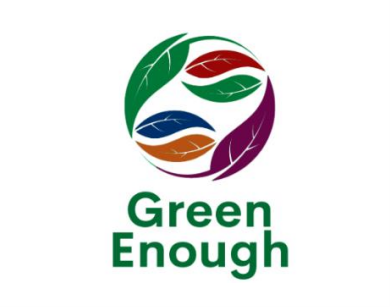It’s time to share some of our findings from the Green Enough project!

On 31st October 2023, from 11:00 – 14:00, there will be an event presenting the Green Enough project and its outcomes so far. The event will take place at Gardens of the Future , in Nicosia and will be held in English.
You can find the agenda to the event here: Green Enough Multiplier Event Agenda .
The project’s aim is to include people with developmental and/or intellectual disabilities in climate change conversations as well as empower them to make their own decisions to implement sustainable practices.
You can join with the link below.
Green Enough Multiplier Event Registration
More about the Green Enough project
The Green Enough project aims to empower adults and adolescents with developmental and/or intellectual disabilities to adopt more sustainable practices with the support of an innovative augmented reality app.
Taking into account the environmental situation at present, the rise of temperatures and all the consequences of climate change, the project recognizes that persons with disabilities are not only more vulnerable to the crisis we face but tend to be left off the conversations around environmental protection as well.
The project’s objective is to:
- Develop and implement a set of training materials for professionals working with people with D.D./I.D that will enable professionals to educate people with D.D./I.D on environmental topics.
- Create an Augmented Reality Application that will help beneficiaries to understand basic principles around recycling.
- Publish an easy-to-read guide on using the Augmented Reality Application.
- Raise awareness for climate change and the need for ecological behaviour for individuals with D.D./I.D. and their caregivers.
The project ran for 24-months and directly benefits professionals working with people with disabilities, including psychologists, social workers, occupational therapists, and special educators.
To find out more about the project, click here.

